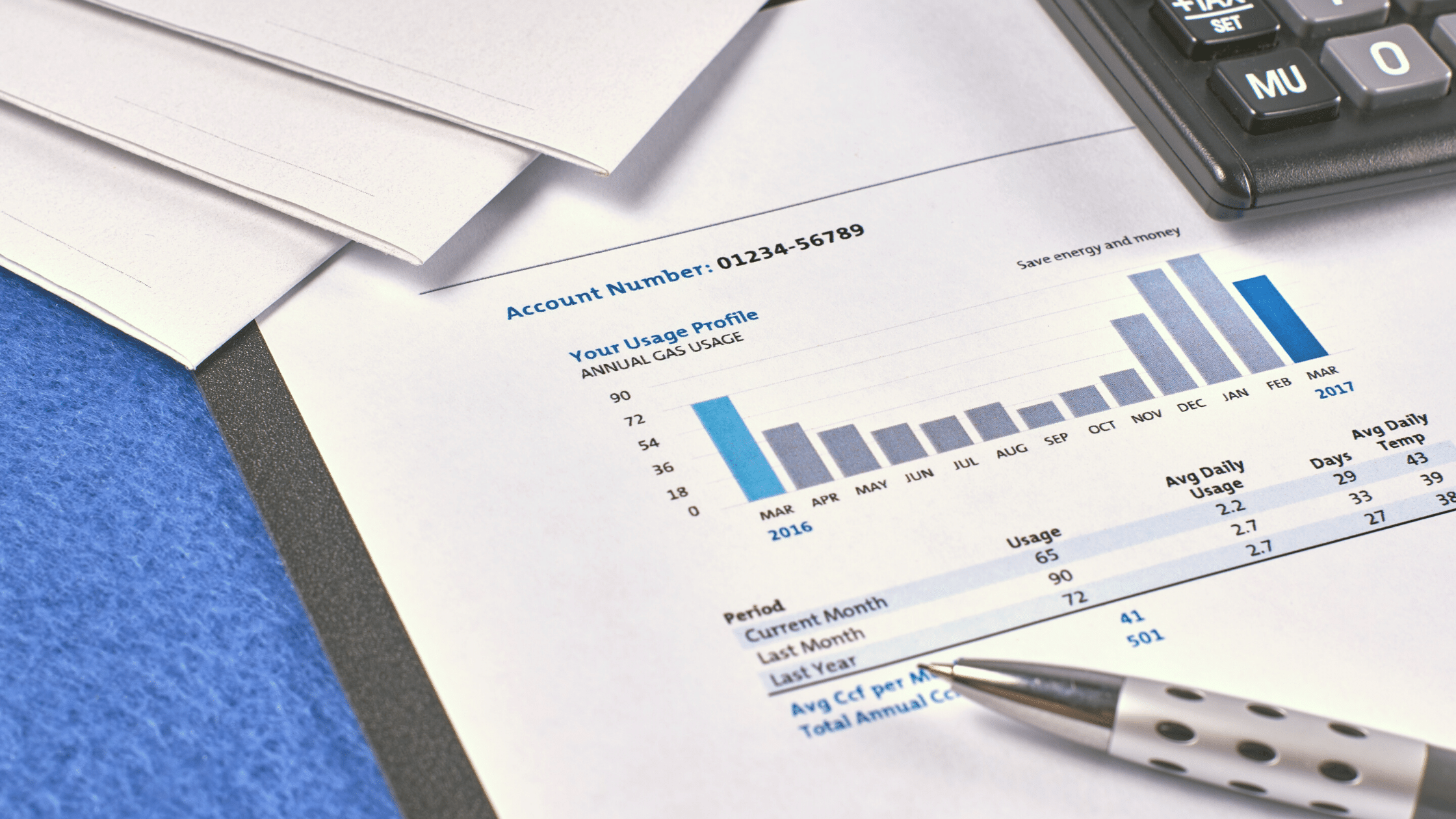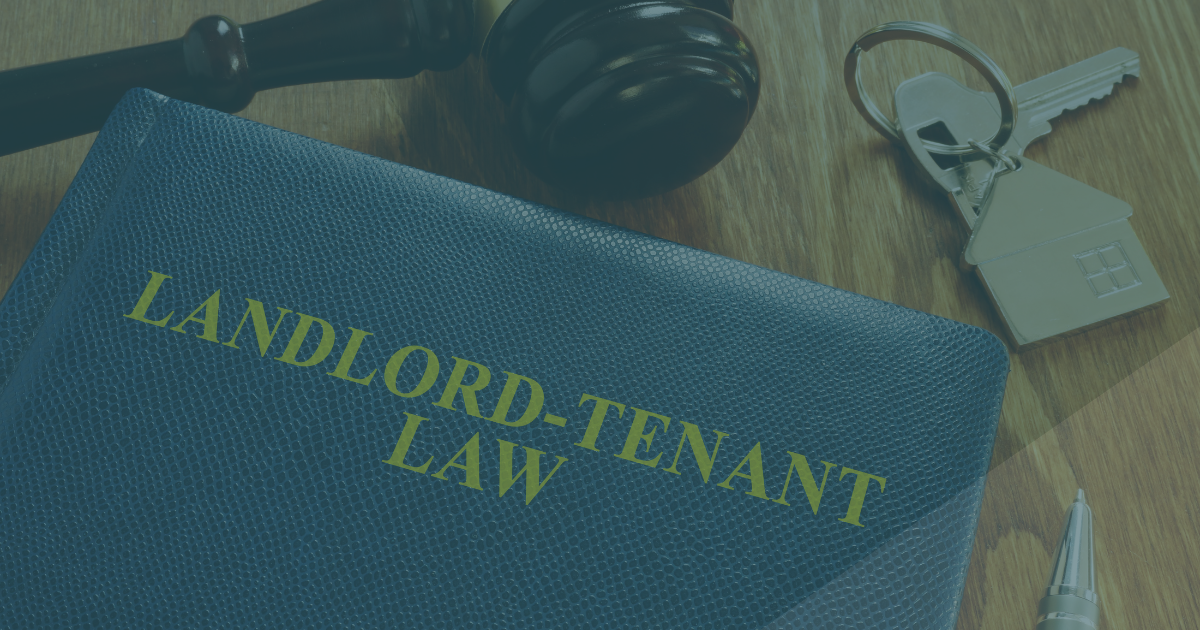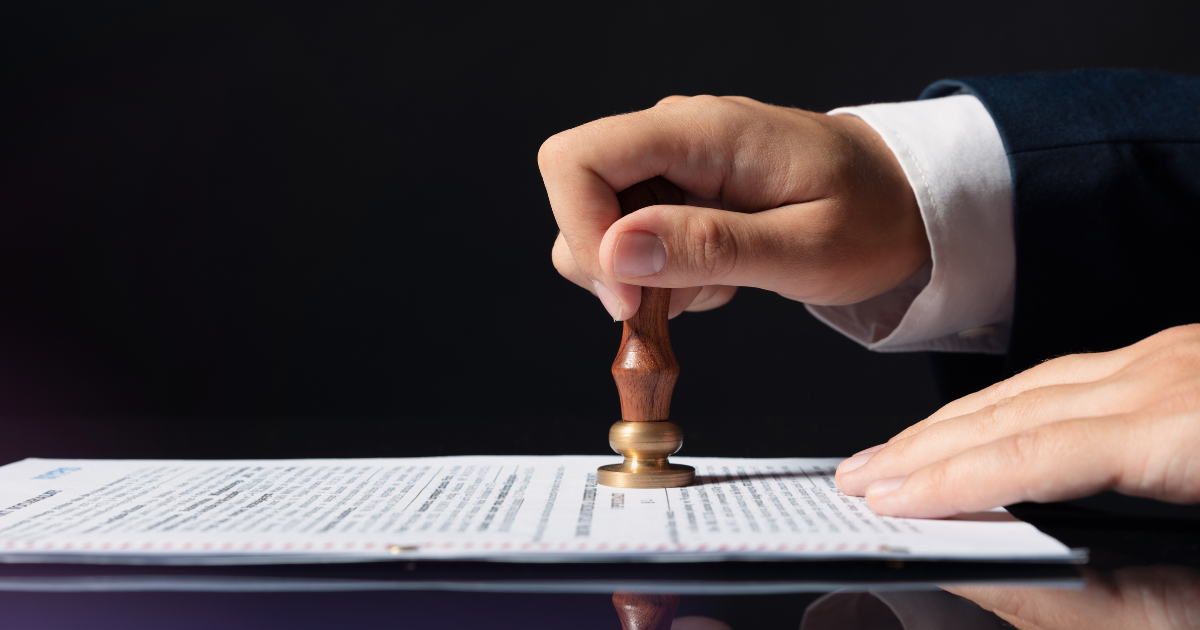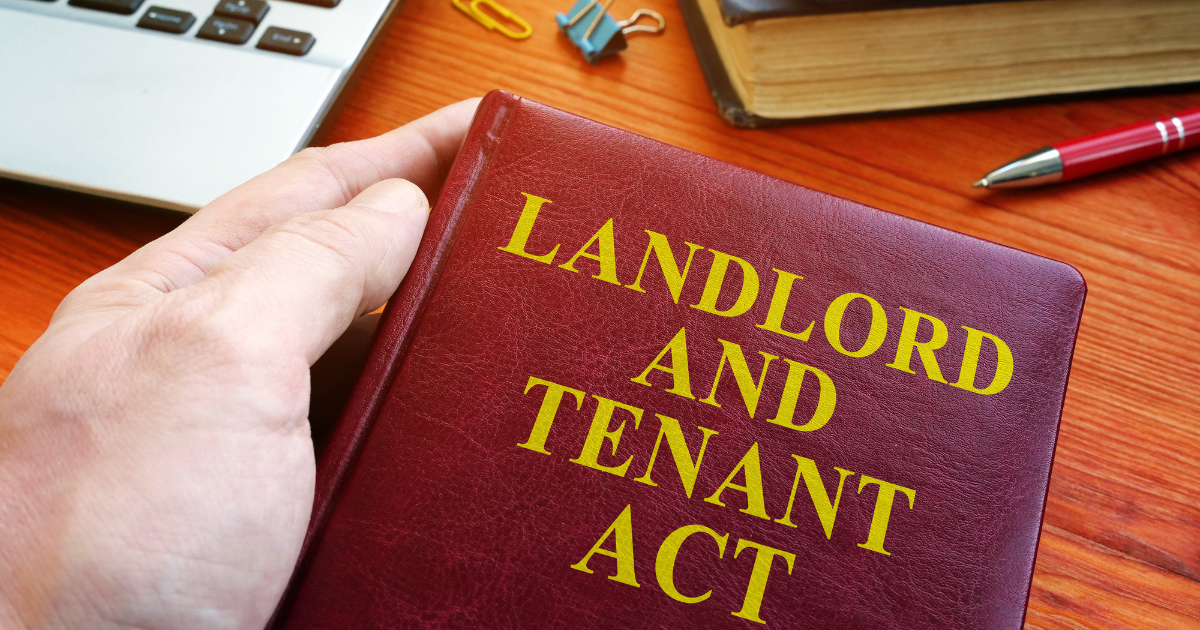Court: Landlord Not Liable For Injuries Sustained On Leased Premises
In a recent decision, the Superior Court of Pennsylvania in Matthews v. Wince, 2017 Pa. Super. Unpub. LEXIS 1388 (April 13), upheld a trial court...
3 min read
Alan Nochumson : Aug 20, 2021 9:00:00 AM

Whether you are new to property rental or a seasoned landlord, deciding whether you are going to be responsible for utilities, or have your tenant put them in their name, is a big decision for every property owner. The type of rental property, state landlord-tenant laws, and the rental lease agreement can all determine whether a landlord or tenant pays for utilities such as electric, gas, and water. To avoid misunderstandings between you and the tenant, it is important to put everything in writing by using a landlord-tenant utility agreement and being clear about responsibilities and timelines. Below we offer a guide for landlords in regard to tenant utility responsibility.
In Philadelphia, utilities in a rental property usually consist of electricity, gas, and water. Deciding who pays for utilities can affect the total rent the tenant pays, the number of bills you as a landlord need to pay, and the profitability of your rental property. Including utilities in the rent could be a creative marketing strategy to attract great tenants. However, there is also a risk that the tenant could waste a lot of water or electricity since they’re not paying the utility services bill, which reduces the profit you make from the property. To minimize the risk of paying for utilities, a landlord can set a monthly cap on the utility expense. For example, the lease might state that if the total utility bill exceeds $150 per month, any overage will be billed to the tenant the following month as additional rent.
Below are 2 examples of things to consider when deciding if you or your tenant will be responsible for utilities:
Let us play a game of what-if to demonstrate the importance of having a clearly defined agreement when it comes to the tenant utility responsibility. If you were to have a tenant who, by agreement, was responsible for paying all of the utilities and they moved out without paying all of the bills, you could simply use their security deposit and assume you will never hear from them again. A common question is if the landlord is responsible for paying any overdue costs and fees. It obviously depends on the original agreement between landlord and tenant. As examples,
When it comes to tenant utility responsibility it is imperative to be as comprehensive and thorough as possible. And to be sure it is all in writing and communicated directly to your tenants. A landlord has a lot on their plates at all times and being comprehensive in terms of the payment of utilities can go a long way to ensuring fewer headaches down the road.
At Nochumson P.C., we are more than legal counsel. We are people serving our neighbors and community in Pennsylvania and New Jersey. Knowing that real communication between real people can help lead to real positive results, our team of attorneys are available 24/7 to help answer your legal questions and to fight for you with skill and fortitude, whatever the case may be. When you hire us, you can expect a sensible and cost-effective approach to legal counsel. We think fast, think ahead, and get things done. Contact us today or call us at (215) 399-1346 to see how we can represent you.

In a recent decision, the Superior Court of Pennsylvania in Matthews v. Wince, 2017 Pa. Super. Unpub. LEXIS 1388 (April 13), upheld a trial court...

In Gamesa Energy USA v. Ten Penn Center, 2016 Phila. Ct. Com. Pl. LEXIS 270 (July 22, 2016), Judge Ramy I. Djerassi found that a landlord committed a...

In many commercial real estate transactions, landlords and tenants make estoppel certifications representing that certain facts involving their legal...